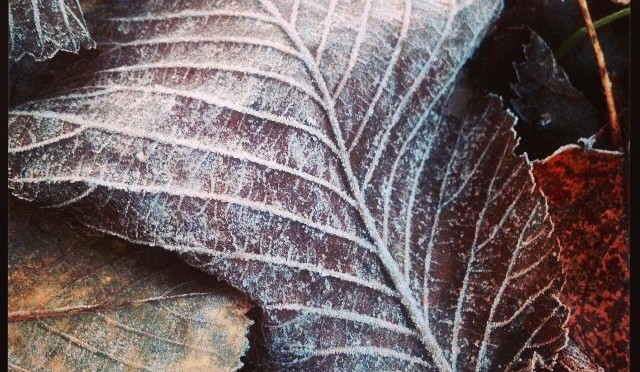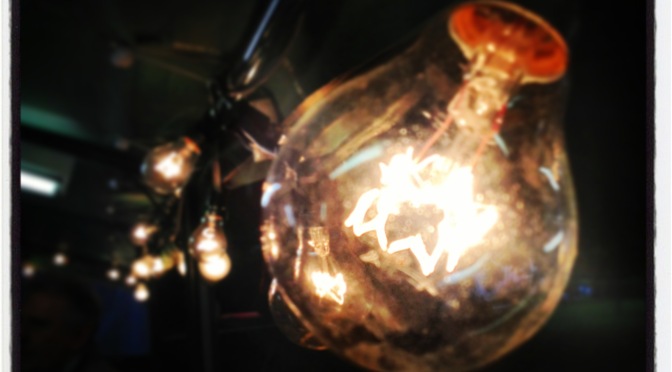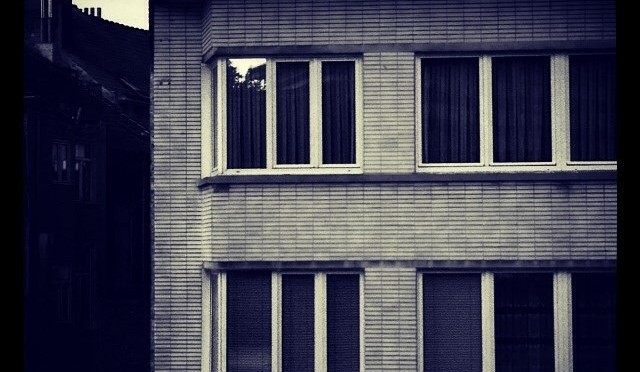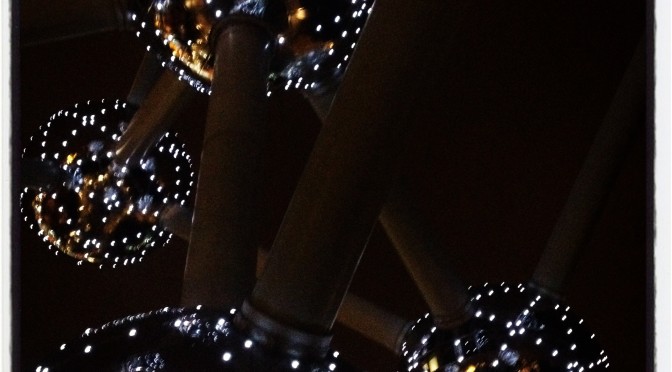Di Silvio jumped to attention as the Prime Minister slapped his palms on the desk. Signore Bucci must have waltzed in a full thirty seconds ago, but, after coughing a couple of times and still failing to attract Di Silvio’s notice, he had obviously let impatience get the better of him. Di Silvio was shocked because it was common etiquette, in the Government offices, not to abuse the desk of a colleague, regardless of whether their standing was above or below your own. No one knew this more than the noble Prime Minister, but, judging by his flared nostrils and narrowed eyes, no one cared less about it right now, either. Signore Bucci, in the majority of even the Italian population by having the advantage of height over Di Silvio, at this point towered over the desk like a tidal wave. Di Silvio gulped and opened a mental umbrella. The Prime Minister’s navy suit stood out threateningly against the cloudless sky through the window behind him, and his expression almost matched the shade of his clothing. Di Silvio gulped again. This must be important.
He had been distracted by a dream he’d had last night. It was so vivid that it was difficult to get it out of his head. He had been hosting a Miss World competition; and, surrounded by beautiful young women in bikinis or less, he was poised – even after waking – on the brink of an almost unbearably exciting canyon, the cavernous sides of which were composed of supple young female thighs. But there was something else, and Di Silvio was not sure if he should be troubled by it. The girls certainly hadn’t seemed to mind. When he had by chance caught sight of himself in a mirror backstage, he noticed that he was not the handsomely aged, dark, southern Italian that he had always fancied himself to be when stuck in an exchange with a reflective surface, but instead, a priapic faun, wearing nothing but a green waistcoat and an enormous grin.
The dream was probably brought on, he thought, by the book he had been reading in bed the night before. It was a brand new publication, available in hardback only, and unprecedented in content. Salvatore Capraio’s revolutionary work, In Bed with Nature, examined the weird and wonderful sexual characteristics of the earth’s most interesting animals. The three entries in the collection that had cemented themselves in his mind (replete with full colour photographs) were that of the mountain goat, which was characterised by abnormally high levels of testosterone present at any time; that of a certain species of duck, which sported a blue beak and an enormous and disproportionate penis; and that of a monkey which, sent mad by captivity, repeatedly masturbated and ate what was produced.
The Miss World competitors had flirted outrageously with him all evening, and he was particularly impressed with Miss Java, who was six feet tall and had skin the colour of coffee liqueur. It had been quite obvious that she had no aversion to his hooves. Although he never actually saw her smile – his squat figure meant that he had only been able to interview her cleavage – he could feel a draught on the top of his head from her eyelash flutterings, and he was certain they were directed at him. She had also brushed her knees against his goaty member on more than one occasion, and Di Silvio was convinced it was no accident. He was thoroughly disappointed to learn that the host did not get to decide on the winner of the competition, and was consequently devastated when poor Miss Java was voted out in the first round.
He blinked up at Prime Minister Bucci, and was about to offer a sycophantic smile when his face was frozen by the icicles in his superior’s voice.
‘Signore Di Silvio,’ Bucci growled, ‘Have you read this morning’s news?’
This is an excerpt from my novel-in-progress, How Federico Finucci Narrowly Missed Out On The Scoop Of The Century, a probably unpublishable, definitely hilarious, and frustratingly true-to-life tale about the intersection of politics, money, football and journalism.




